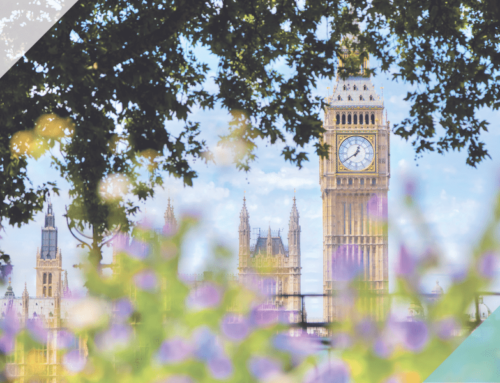Latest Suffolk figures show Ipswich has the highest number of Japanese knotweed infestations within the County. Ipswich is 70.8% higher than the second-highest location (Lowestoft).
What is Japanese Knotweed?
Originally the plant was imported by the Victorians but has now become one of the most invasive plant species in the UK. If left to grow the plant can result in physical damage to the property. Often the plants appear in spring especially if there has been bad weather. When growing the plant appears as reddish-purple shoots with crimson buds but will eventually resemble tall bamboo-like canes with purple flecks. The leaves are heart-shaped and the flowers are cream tassels.
What is the impact on conveyancing?
It is not the end of the process but if the seller discloses the presence of the plant then there should be a professional treatment plan put into place. This is usually guaranteed for a minimum of 5 years by the provider. Any buyer should not exchange until the guarantee is in place.
Is it illegal?
It is not illegal to have Japanese knotweed on your property but it is an offence to plant it deliberately on your property. If a neighbouring property has an infestation that encroaches on your property you have the option of seeking an injunction.
What about my lender?
Lenders may be unwilling to secure a loan on a property that has an infestation. Lenders can instruct a valuer to attend the property or request a specialist survey at the seller’s expense. Finally, the lender may require evidence of a treatment plan before funds will be released.
What if I am buying a new build?
For new build properties, there is no requirement for the developer to complete the Property Information Form and therefore they do not have to specifically confirm if they are aware of the presence of the plant.
For more information please contact Holly Quantrill on 01473 229200.





